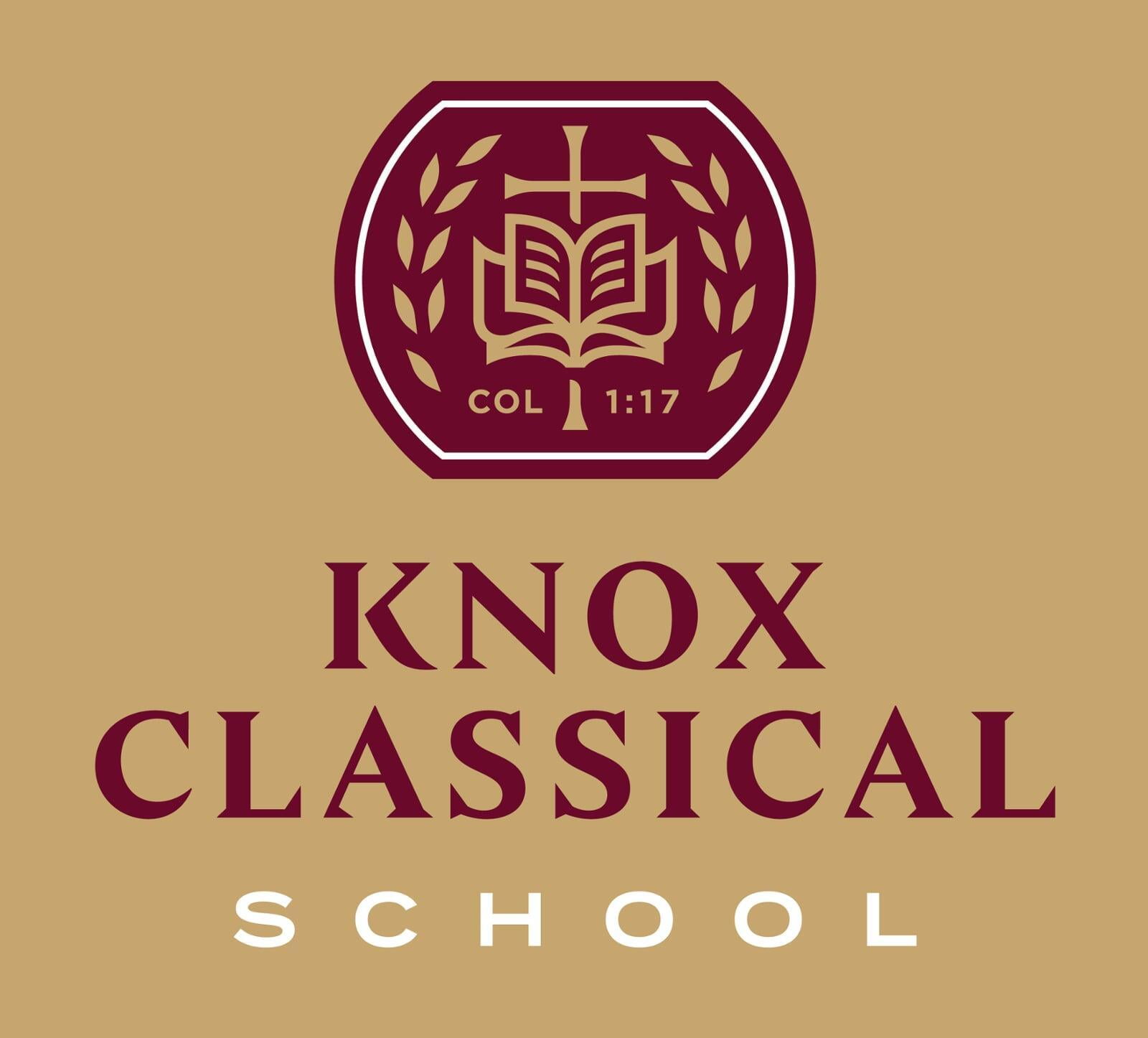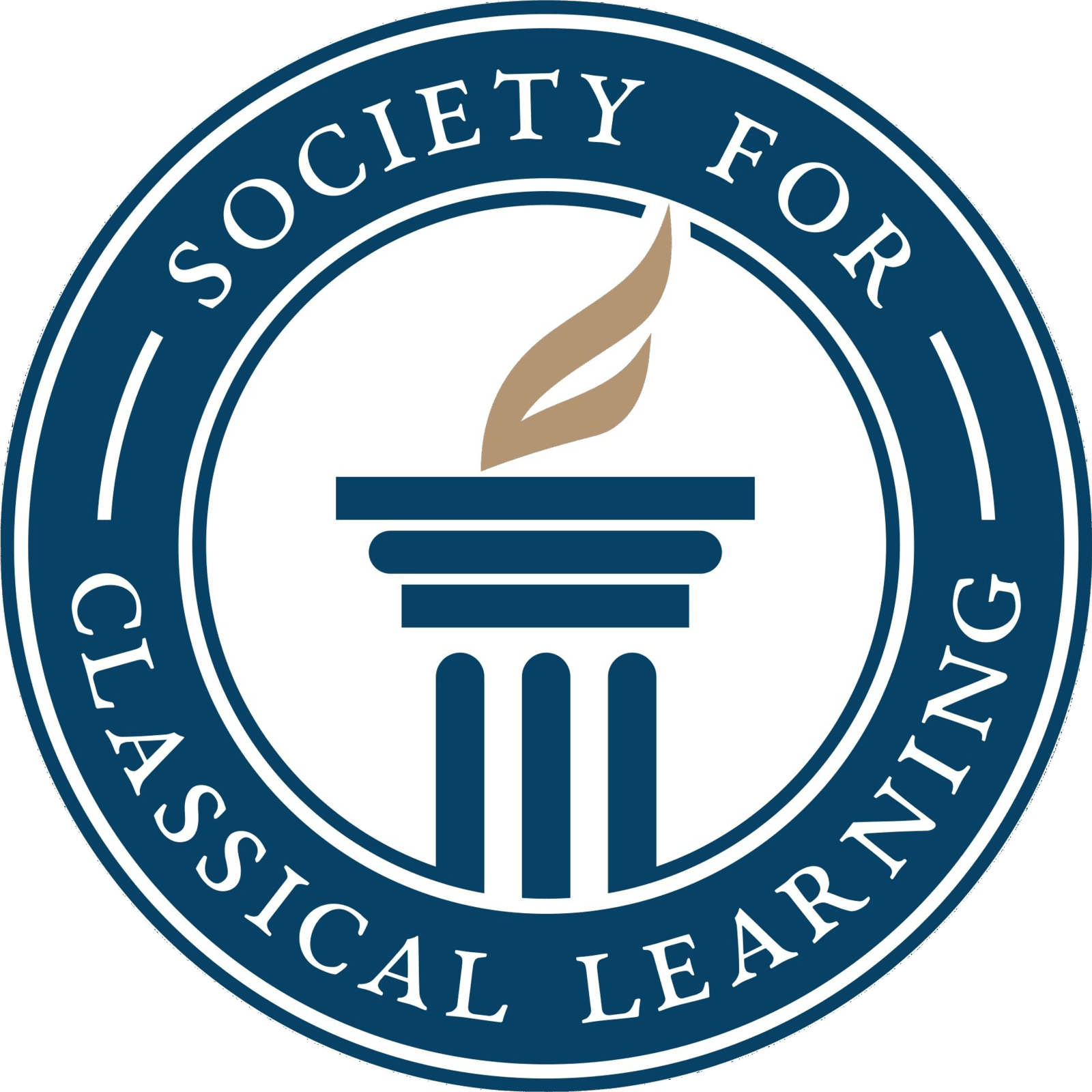Here’s what we mean by that.
For millennia, classical education has been understood as the sort of education necessary to be free. Drawing from the rich education history of the Greeks and Romans, classical education aims to pass on a way of life, or “paideia,” to students by instilling in them a set of virtues: the four classical virtues—Prudence, Justice, Temperance, Fortitude—and the three theological virtues—Faith, Hope, and Charity (added around the time of the Reformation).
To accomplish that goal, classical education presents particular content in a particular way. We’ll focus on the “particular content” side of this today, and you can read more about the “particular way” here. Classical education involves each of the disciplines of a liberal arts and sciences education, but it centers on the history of Western thought—both the highs and the lows. By reading the “Great Books” (more on that to come) students are given the opportunity to join some of the greatest minds in history in the “Great Conversation” and answer basic questions like “How did I get here?” “What is the purpose of life?” and “How should I live?”
Though far from perfect, Western Civilization has provided more people with more freedom than any other civilization in history. So by understanding the past, classical students are equipped to "hold fast to what is lovely" and move forward “[a]bhor[ing] what is evil" (Rom. 12:9).
Studying Western Civilization might sound like a given for students growing up in the West. But today, many students never read a book more than 50 years old. That robs students of a chance to know the riches of their history—or learn from the errors along the way. While classical education doesn’t encourage an inordinate infatuation with the past, it uniquely ensures that students have the chance to learn where they fit in the much larger story of human history.
Of course, the greatest of the Great Books is the infallible Word of God, and classical Christian education teaches that Scripture has proven itself true and Christ “is before all things, and in Him all things hold together“ (Col. 1:17). Scholars in the Middle Ages recognized theology as the “queen of the sciences,” meaning no discipline can be rightly understood if removed from the truth that God is Creator and Redeemer of all. So classical Christian education orients each discipline based on the arc of human history revealed in the Bible—creation, fall, redemption, restoration—enabling students to make sense of their entire experience by acknowledging the preeminence of Christ.
I’ll end with a brief word about why we’ve chosen a collaborative model of education. Throughout their K-12 education, children spend 16,000 hours in classroom instruction. Our two-day-a-week collaborative approach recaptures some of that precious time—elevating parents as the God-ordained primary influences in their children's lives—while providing the benefits, support, and structure of formal classroom instruction.
Stay tuned for more information about our plans for Knox Classical School and the riches of classical Christian education by subscribing to our newsletter, and please RSVP for our next information meeting on Sunday, November 5,

